At 5:30 p.m. on May 7, 1954, General De Castries and the entire General Staff of the Dien Bien Phu stronghold were captured alive.
That same night, our army continued to attack the Southern region, driving the enemy back to Upper Laos.
By 24 hours, the entire enemy had surrendered. The Dien Bien Phu campaign was a complete victory! The Dien Bien Phu victory became a “golden milestone” in the history of the Vietnamese nation, a source of pride for the nation and the national liberation movement in the world .
The Dien Bien Phu campaign was a complete victory.
2:30 a.m. on May 7, 1954: Our army's "Determination to fight and win" flag flew on Hill A1, signaling the end of the Dien Bien Phu stronghold. The French commander at Hill A1 was captured alive by our troops.
5:30 a.m.: 2 enemy companies and 1 tank counterattacked on Hill A1, but were heavily damaged by our artillery fire and had to retreat. That was the enemy's last counterattack on Hill A1.
7:30 AM: Our artillery just stopped suppressing, Battalion 215 and Company 138 of Battalion 375 divided into three groups to attack Hill C2. Our troops took turns capturing each target.
9:30 am: Our troops completely controlled hill C2. The Eastern command including Bresinhac, Botella and a large number of paratroopers gathered here along with hundreds of wounded soldiers were all captured alive.
The fighting on the eastern hills ended. The entire enemy center was under direct fire from our troops. Thus, after our troops had completely taken control of the hills: A1, C1, C2 and the high points: 506, 310, the enemy's occupied area was only about 1,000m each way. The enemy soldiers' morale was completely broken.
10:00: General Cogny speaks with General De Castries by radio.
14:00: Seeing that the enemy had many signs of disintegration, taking advantage of the favorable opportunity, the 312th Division ordered the 209th Regiment to continue attacking the 507th stronghold near Muong Thanh bridge. White flags and white cloth appeared in almost all enemy positions.
Regiment 209 attacked and destroyed strongholds 508 and 509, advancing close to the banks of the Nam Rom River. In the central area, the enemy began to destroy weapons and throw them into the river. White flags also appeared in the heart of Muong Thanh.
Faced with that situation, the Front Command ordered: General attack to destroy all enemy troops in Dien Bien Phu.
15:30: All officers gathered around De Castries, including: Langle, Bigia, Lomoney, Vado... De Castries called Cogny to report that: the resistance gunfire would stop at 7:00 tomorrow morning.
Meanwhile, “our divisions received orders: "No need to wait for darkness, immediately launch a general attack on Muong Thanh. The eastern unit attacks directly into the central area, the western unit attacks from the side, and together advances into the enemy's command post. We must attack hard, surround tightly, and not let De Castries or any enemy escape."
16:00: Our troops attacked the central area from three directions. The 312th Division from the East crossed the Muong Thanh bridge. The 308th Division from the West opened the way through the airport, and from the Southwest opened the way to Lili, towards De Castries' Command Post. The enemy only resisted sporadically. Many enemy troops surrendered. More and more white flags appeared in Muong Thanh.
Panicked and afraid, "The Chief of Staff of the Pagit stronghold called Lalang in Hong Cum to urge him to quickly carry out the escape plan.
16:30: Our troops approached De Castries' Command Post.
17:30: Division 312 reported to the front command: "All enemy troops in the central area have surrendered. General De Castries and the entire General Staff of the Dien Bien Phu stronghold have been captured."
17:55: Cogny telegraphed Lalang to find a way to escape.
18:30: Lalang ordered the soldiers to leave Hong Cum.
19:00: Regiment 57, Division 304 pursues the enemy in Hong Cum who is fleeing towards Upper Laos.
24 hours: The entire enemy force in Hong Cum, including 2,000 fleeing soldiers, surrendered to our army.
Thus, after 56 days and nights of "digging mountains, sleeping in tunnels, enduring rain, eating rice balls", fighting bravely, intelligently, and creatively, our army and people destroyed the entire Dien Bien Phu stronghold, eliminated the enemy from combat and captured all enemy troops, shot down 62 planes, seized 64 vehicles and all of the enemy's weapons, warehouses, military uniforms, and military equipment.
The historic Dien Bien Phu campaign was a complete victory. This is the heroic epic of the miraculous people's war, "recorded in national history as a Bach Dang, a Chi Lang or a Dong Da in the 20th century, and entered world history as a brilliant feat of breaking through the stronghold of the colonial slavery system of imperialism".
Historical significance of Dien Bien Phu victory
Firstly, the Dien Bien Phu Campaign was the peak of the resistance war against French colonialism, creating the fundamental and decisive basis for the signing of the Geneva Agreement on the cessation of hostilities in Vietnam.
The Dien Bien Phu victory marked the end of the stubbornness and belligerence of French colonialism and American imperialism at the Conference table, forcing the French Government and participating parties to sit at the table and sign the Geneva Agreement to suspend hostilities in Vietnam on July 21, 1954.
This was also a decisive victory for us on the diplomatic front, raising Vietnam's position in the international arena, contributing to ending the French colonial war of aggression in Vietnam.
Second, opening a new revolutionary stage, bringing the North to transition to socialism, creating a solid rear for the cause of fighting to completely liberate the South and unify the country.
The Dien Bien Phu victory brought a successful end to the resistance war against French colonialism, creating fundamental changes in all areas: economy, politics, military, culture, diplomacy... for the Vietnamese revolution and opening a new stage: the North moved towards socialism, the South continued the people's national democratic revolution.
The achievements in building socialism as well as the contributions of the Northern rear to the great front in the South have strengthened the belief of the people of both regions in the final victory of the resistance war.
Promoting the spirit of Dien Bien Phu victory - "independence, self-reliance, determination to fight, determination to win", creatively applying Marxism-Leninism and Ho Chi Minh thought, we have achieved many great victories, defeated the war strategies of US imperialism and its vassal army, liberated and unified the country, and led the whole country to socialism.
Third, affirming the Party's correct and creative resistance line and the growth and maturity of the Vietnam People's Army.
The Dien Bien Phu victory has proven the truth: In today's era, a small country with a slow-growing economy, if led by a genuine Marxist party with a correct political and military line, promoting the strength of the entire nation, and receiving the sympathy and support of the people of the world, will definitely defeat any enemy, even if it has much stronger economic and military potential.
The historic victory of Dien Bien Phu also showed the remarkable growth of the Vietnam People's Army. From 34 soldiers with rudimentary weapons in 1944, under the leadership of the Party and President Ho Chi Minh, our Army has grown steadily, and the more it fights, the more it matures. This is the foundation for our entire Party, people and army to later promote revolutionary heroism to the highest degree, to be confident, to dare to fight, to know how to fight, to be determined to fight and defeat the US imperialists, to completely liberate the South and unify the country.
Fourth, ending French colonialism in the three Indochinese countries, opening the process of collapse of old colonialism on a worldwide scale.
The Dien Bien Phu victory awakened and encouraged oppressed peoples around the world to rise up and fight for independence and freedom; forced the French government to end its colonial rule, grant independence to many countries in Asia and Africa, and reconsider its position and policies toward former colonies.
Vietnam is a pioneer country, a shining symbol in the movement to fight for national liberation, overthrow old colonialism, open a new page of history for humanity, and contribute to changing the world situation.
Giuyn Roa, journalist and historian, former colonel of the French expeditionary army, affirmed: “In the whole world, Waterloo did not have such a reputation before, the fall of Dien Bien Phu caused terrible horror. It was one of the greatest defeats of the West, heralding the collapse of colonial empires and the end of a republic.”
The Dien Bien Phu victory became a "golden milestone" in the history of the Vietnamese nation, the pride of the nation and the national liberation movement in the world.
According to VNA/Vietnam+
Source


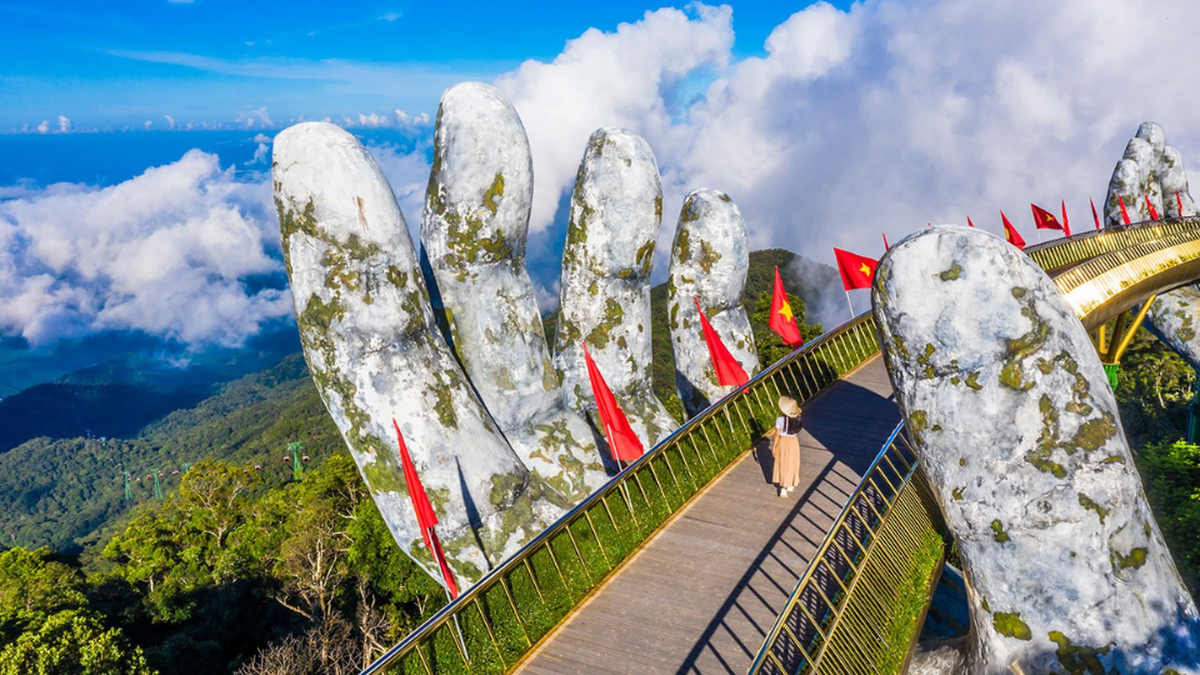
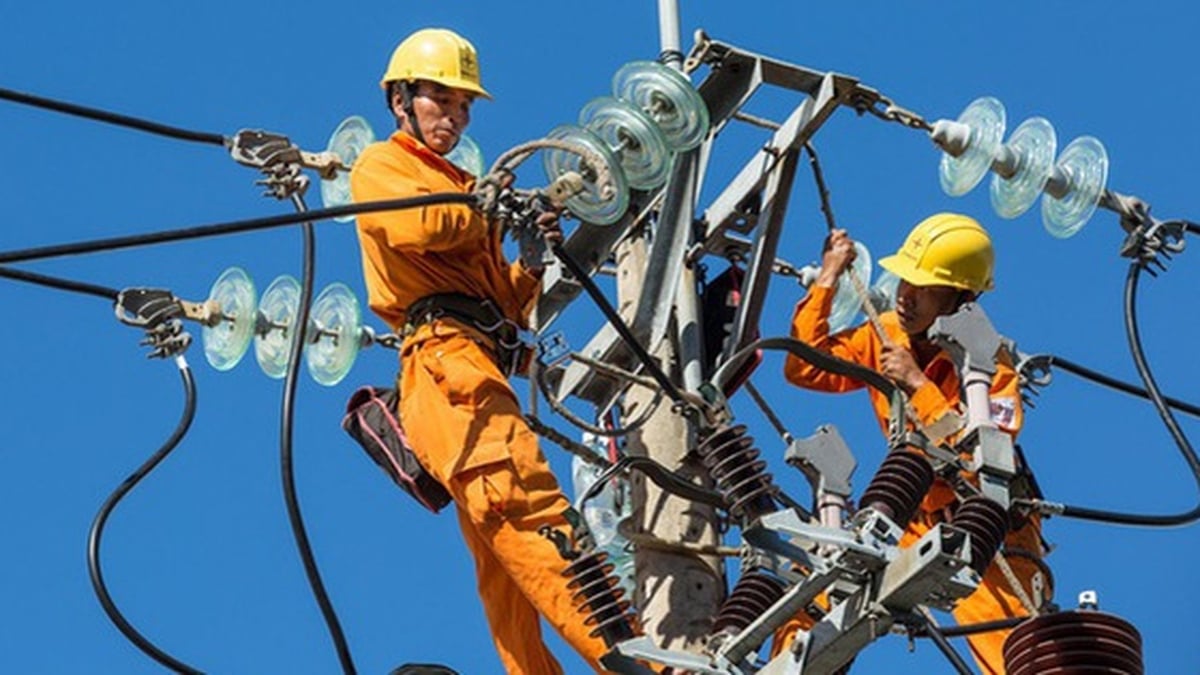

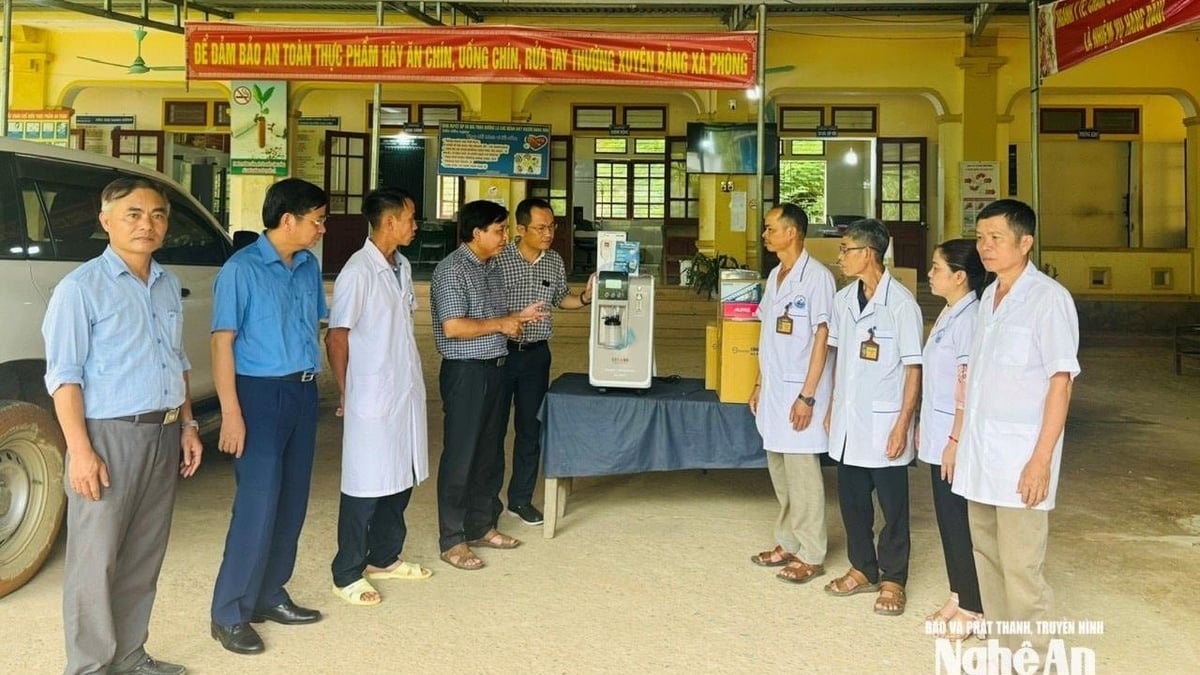
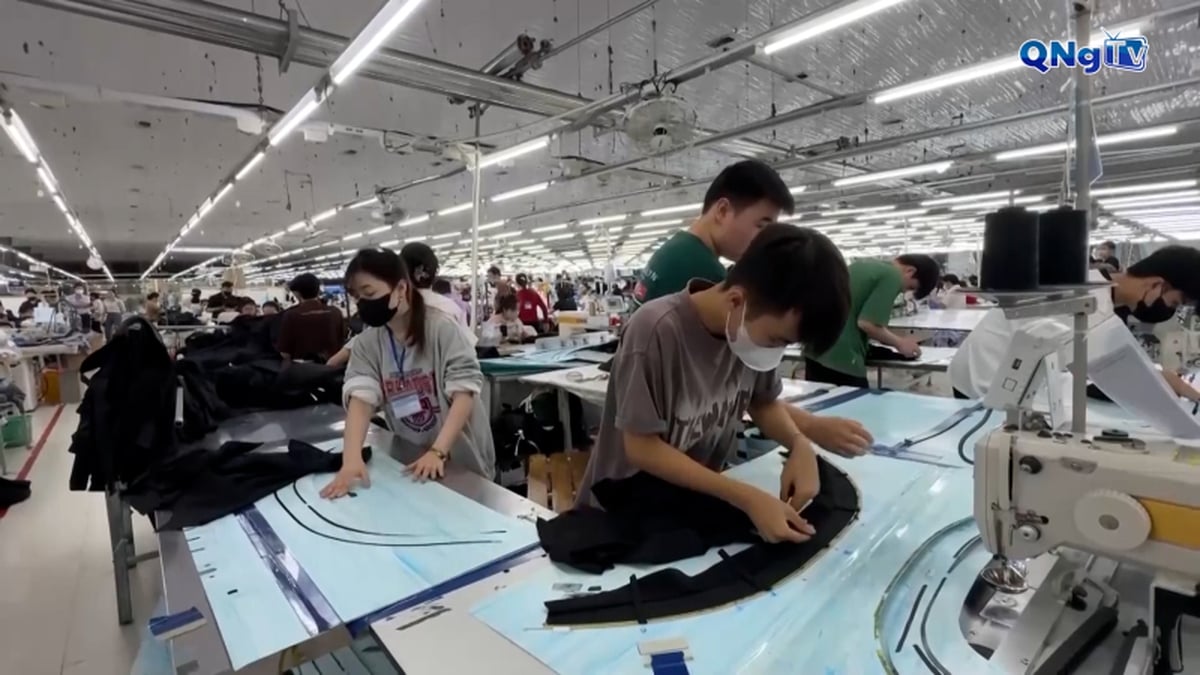
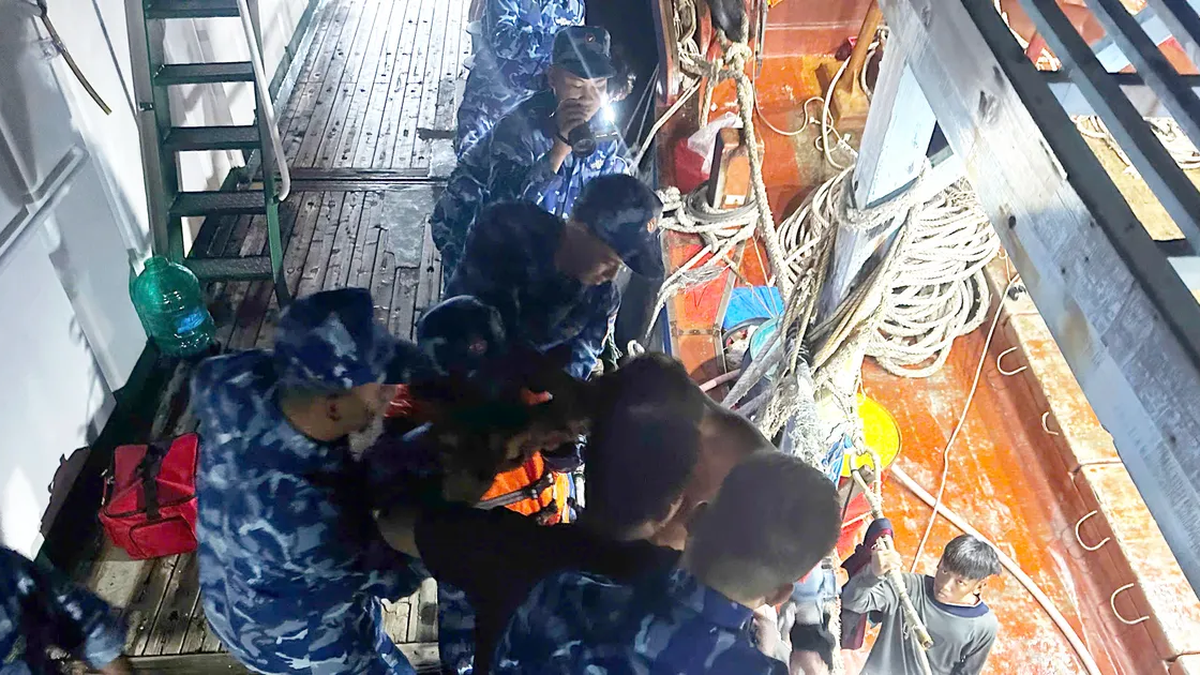

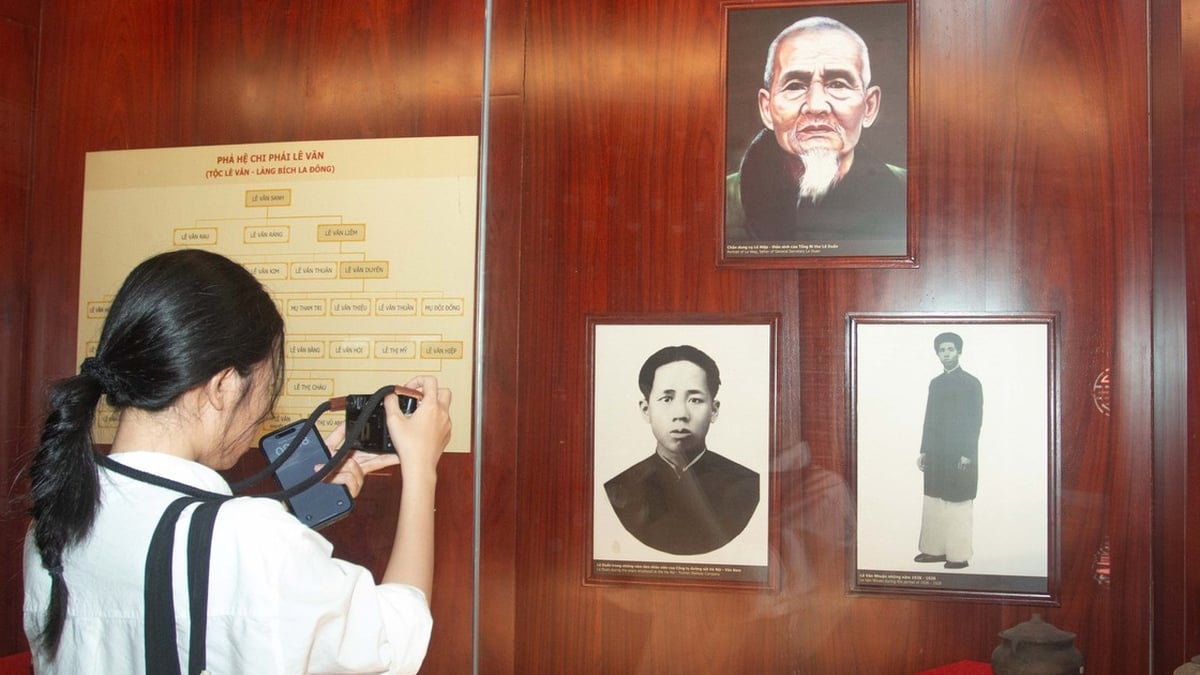
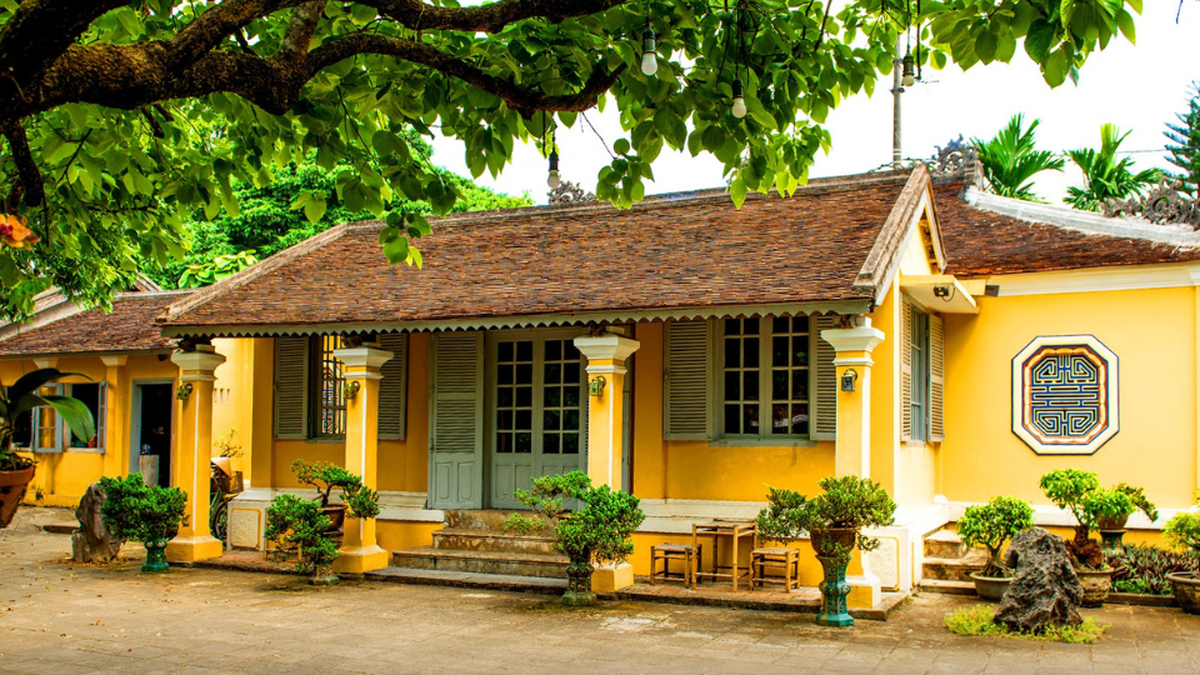
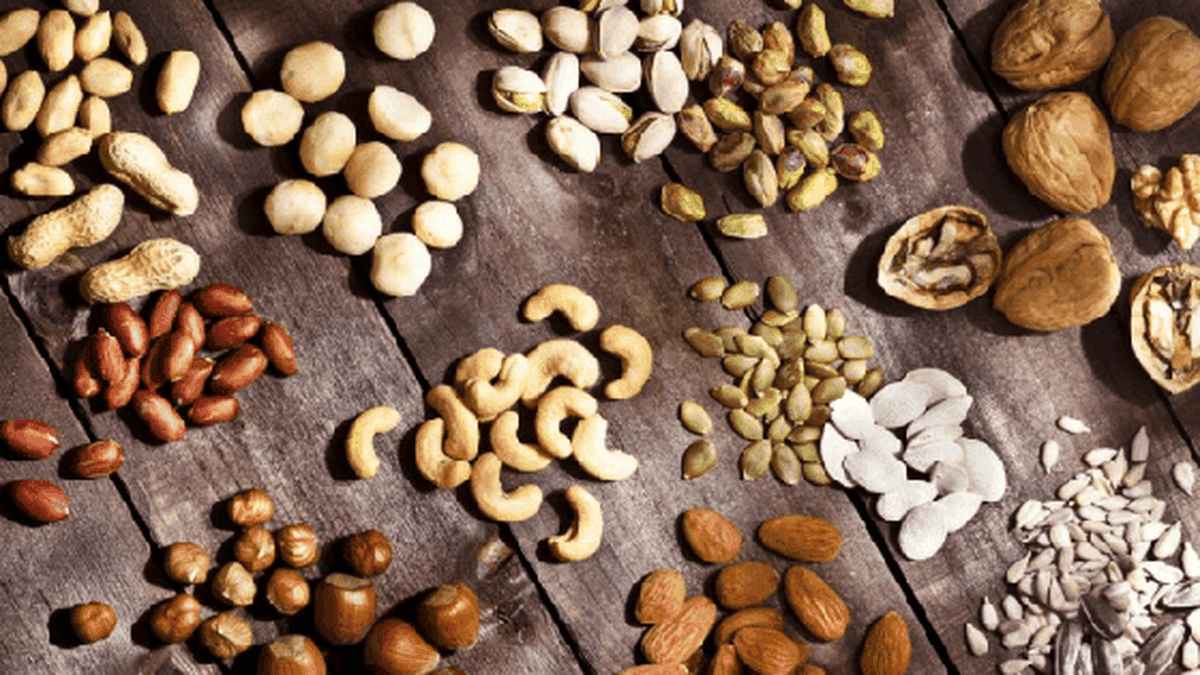




















































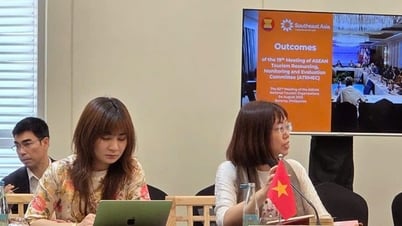

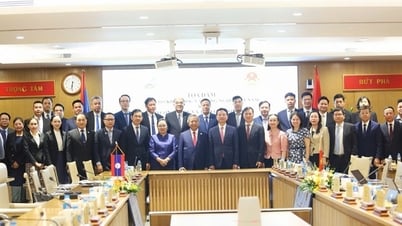

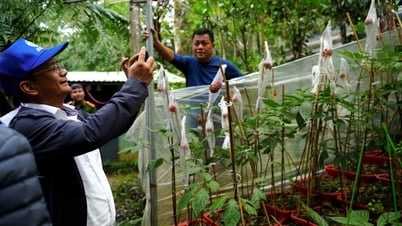

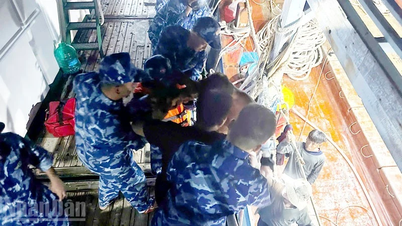
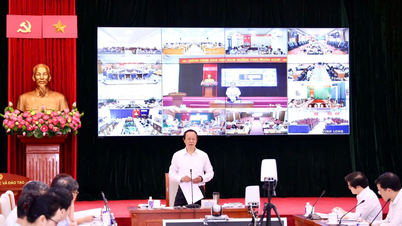

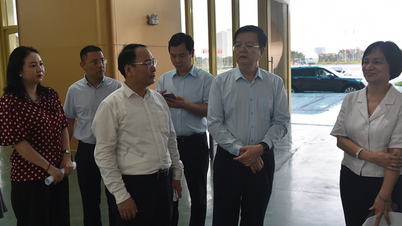
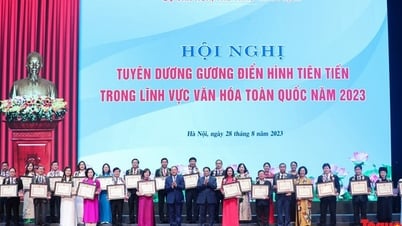
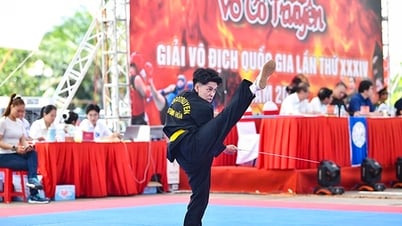
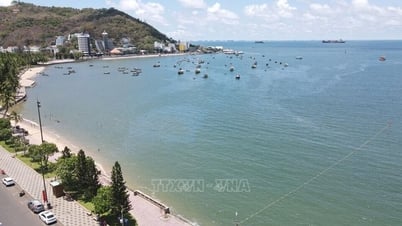






















Comment (0)